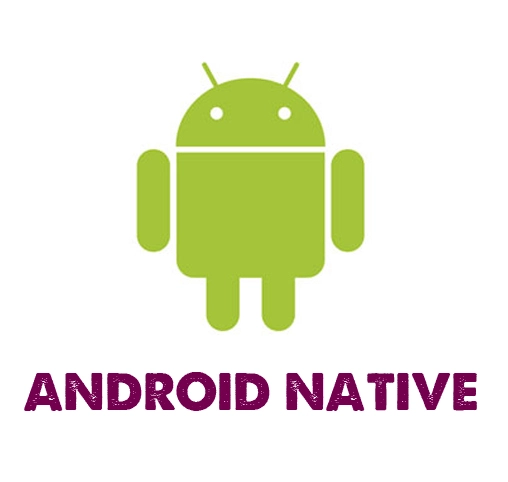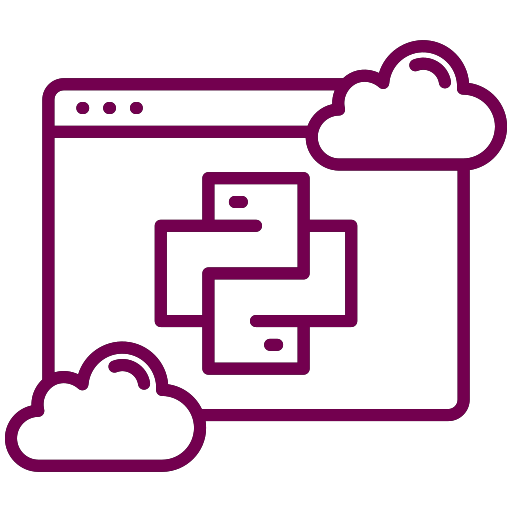
DISCOVERY AND IDEA VALIDATION
The journey begins with a deep dive into your app idea. We work closely with you to understand your vision, target audience, and business goals. Our team conducts thorough market research and competitive analysis to validate the viability of your concept. We believe that a well-informed start is key to a successful project.
STRATEGY AND PLANNING
Once we have a clear understanding of your goals and audience, we develop a comprehensive app strategy. This includes defining the app’s features, functionality, and user experience (UX). We create a detailed project plan, outlining timelines, milestones, and budgets to ensure transparency and alignment with your objectives.
DESIGN AND PROTOTYPING
Our talented design team takes the lead in crafting the visual identity and user interface (UI) of your app. We create wireframes and interactive prototypes to give you a tangible feel of the app’s flow and design. Your feedback is essential at this stage, and we iterate until the design aligns perfectly with your vision.
QUALITY ASSURANCE
At App Ringer, we’re committed about quality. Your web application is thoroughly tested before going online in order to find and fix any faults or problems. Our QA specialists run in-depth testing to make sure your application runs without a hitch on various devices and browsers.
DEPLOYMENT
Following your web app’s successful passage through our rigorous quality tests, we proceed to the deployment stage. To ensure a seamless transition from development to production, we handle every step of deployment, from server setup to database configuration.
TESTING & QUALITY ASSURANCE
The process of developing apps for Android-powered smartphones using Java or Kotlin programming languages is known as Android app development.







